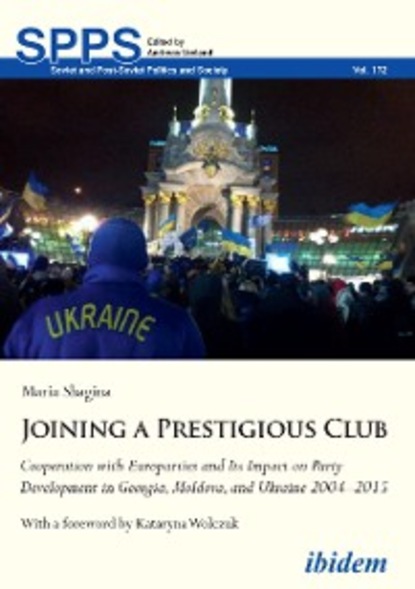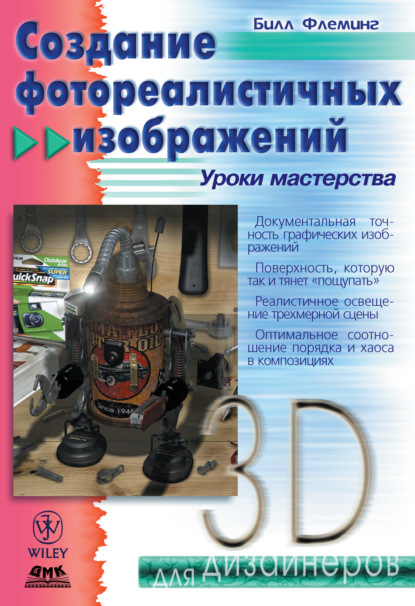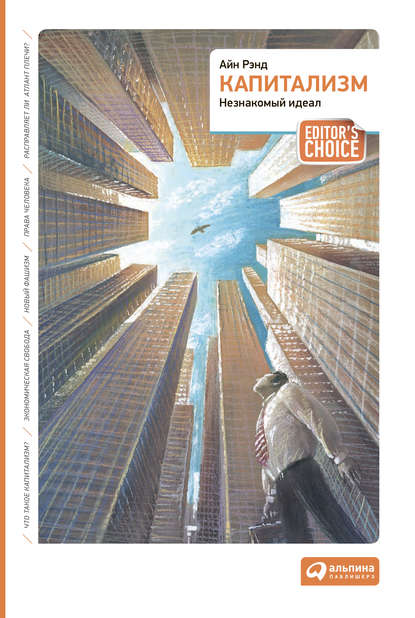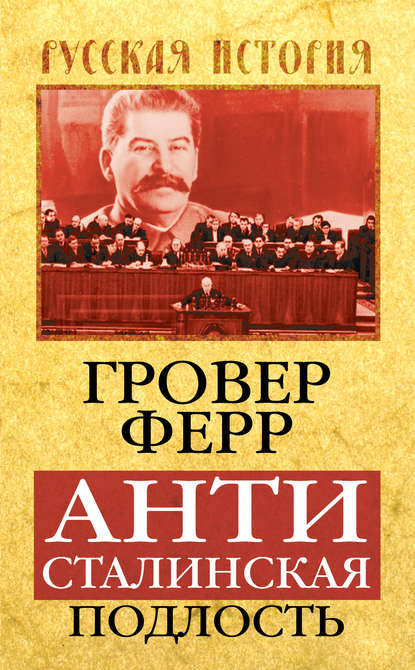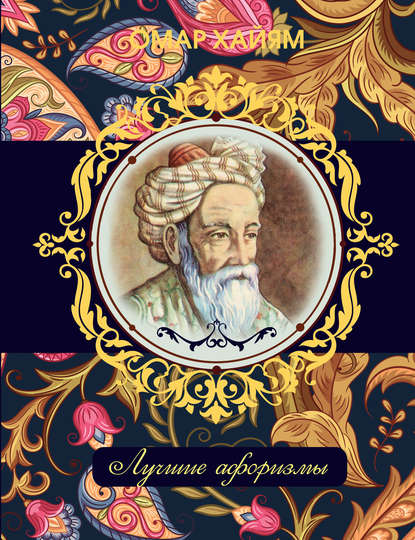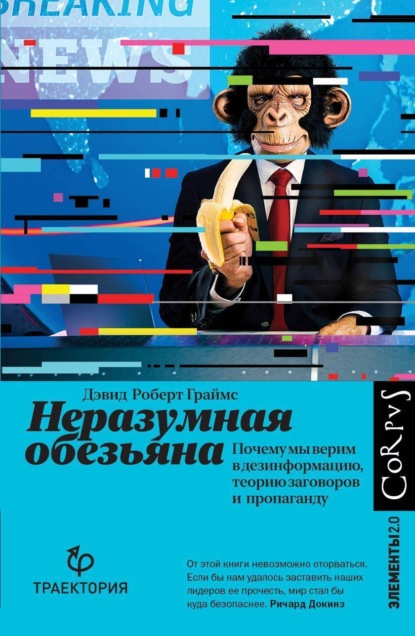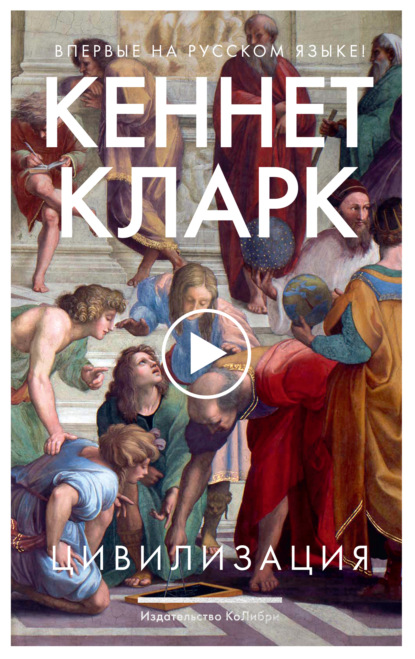В книге «Joining a prestigious Club» Мария Шагина рассматривает идею Брюсселя о "шире Европы" , что означает то, что процесс европеизации не ограничивается только странами-членами ЕС. По их утверждению, ЕС может влиять и на другие страны, помимо своих границ. Одним из способов внешнего влияния ЕС на другие партии является сотрудничество между европартиями и партиями, находящимися вне ЕС. Благодаря взаимным визитам и совместной деятельности, партии, не входящие в ЕС, становятся интернационализированными, т. е. подвержены воздействию норм и ценностей европартий, а также опыта правил и практики, которые формируют европейское партийное строительство.
Какие стимулы есть у европейских и не-европейских партий для сотрудничества друг с другом? Какое влияние имеет сотрудничество на развитие партий в пост-советской Грузии, Молдове и Украине? Используя восемьдесят интервью, проведенных с представителями партий, международных доноров и академиков, Мария Шагина определяет набор мотивов, побуждающих к сотрудничеству между европейскими партиями и не входящими в ЕС партиями.
Электронная Книга «Joining a Prestigious Club» написана автором Maria Shagina в году.
Минимальный возраст читателя: 0
Язык: Английский
ISBN: 9783838270845
Описание книги от Maria Shagina
Brussels’s idea of a “wider Europe” implies that Europeanisation is not limited to EU member states. The EU can, so it claims, also exert impact beyond its borders. One of the channels of external EU influence is cooperation between Europarties and parties outside the Union. Through mutual visits and joint activities, non-EU parties become internationally socialised, i.e., are exposed to the Europarties’ norms as well as values, and experience the rules as well as practices that shape European party-building.
What are the incentives for Europarties and non-EU parties to cooperate with each other? What kind of, and how much, impact did cooperation have on party development in post-Soviet Georgia, Moldova, and Ukraine? Based on eighty interviews with party officials, international donors and academics, Maria Shagina outlines the set of motivations that trigger cooperation between Europarties and non-EU parties, analyses the impact of cooperation on party ideology, organisational structure, and inter-party behaviour in Georgia, Moldova, and Ukraine, and explores the implications of this cooperation on the standardisation, consolidation, and democratisation of the non-EU party systems.
Her findings shed light on how prestige and domestic factors impede the penetration of EU norms and values in the non-EU party structures, and point to the failures of Europarties to adequately address problems of party-development in Eastern Europe. The book reveals the ways in which cooperation with Europarties has paradoxically contributed to the ossification of the status quo and impaired the development as well as the consolidation of democracy in the three Eastern Partnership states.
